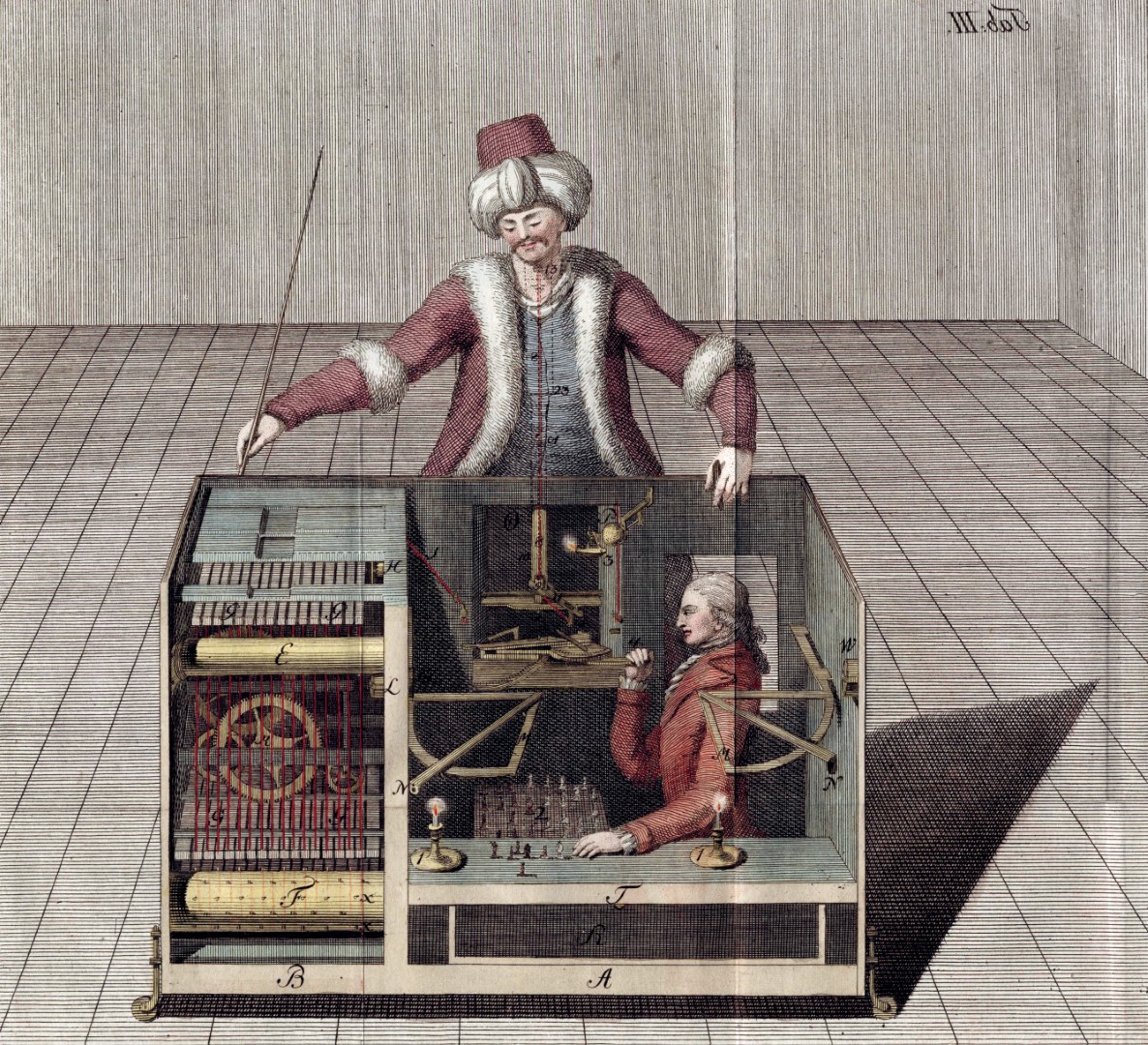Builder.ai said he had an advanced artificial intelligence, instead they were 700 Indian technicians

Supported by companies such as Microsoft, who had invested hundreds of millions of dollars, the London startup hid the (self -styled) call from Natasha the work of 700 Indian operators behind the (self -styled). The company has failed
It is not all artificial intelligence what generates. This could be revised a famous Italian proverb, referring to the AI. In recent years, the boom behind algorithms has led to an infinite number of neonate startups that sometimes abuse the term « artificial intelligence » and which, at other times, even manage to obtain star funding by important companies, such as Microsoft. Falling in these deceptions is easy without the right precautions, especially if you are encouraged by the fear of « staying cut out » (Fomo, Fear of Missing Out) and Hype. This is the case of Builder.ai, A startup of AI founded in 2016 and financed, among others, by the Redmond company. He operated in London, Singapore, USA, India and Arab Emirates, with a total budget of 1.5 billion dollars. But the company after almost ten years has failed. Also because he passed the work of at least 700 Indian engineers for automation.
From the mechanical Turk to Natasha
It looks like an updated version at the time of the eighteenth -century « Turkish mechanical », a (false) robot built by Wolfgang von Kemumelen, Hungarian inventor to the court of the empress Maria Teresa of Austria. Turkish played chess apparently automatically, but in reality it was operated inside by an expert human player, generally of low stature, which exploited an ingenious system of branches and secret compartments.
In the same way I Builder passed off the work of very human Indian engineers for artificial intelligence algorithms. Specifically, the London company declared that she took advantage of a neural network, called Natasha.
Among the proposals offered in the Startup services portfolio there were the development of applications and websites. But judging by the numerous negative reviews on Trustpilotwere not so efficient. Between delays in deliveries (some even two years!) And computer codes not working, the company, Despite investments for 445 million dollars obtained in 8 yearshe was not always able to satisfy customer requests.
Simona Gherasimfounder of DISH UP Onlinea cloud service for the management of restaurants, said: « We hired Builder.ai in March 2023 to create a personalized app with a 6 -month promised delivery timing », but despite two years and the app is online « it remains unstable, full of bugs and, in many cases, unusable. Basic functions such as access continue not to work ».
Failure
On May 20, however, the funds are exhausted. Some financiers, probably after discovering the deception, have withdrawn their fundsleaving the startup with little and nothing in their own coffers. The humans hired in the offices to customize the code to be provided to customers who entrusted themselves to Builderai were then fired. The company has changed CEO, But it is under investigation in the United States and the United Kingdom, after declaring bankruptcy. They are not the only troubles, since there are many clients of Builde you who have intended a cause and willing to advance a class action, after investing time and money without obtaining anything of the promised services.
It is not a case isolated: the phenomenon fauxtomation
Builder.ai is not an isolated case and has indeed a name. Is called Fauxtomation and the term, which unites the words fake And automation (False automation) is a neologism that dates back to 2014 and coined by Astra Taylor, Canadian writer, director and activist, in one of his essays in which he criticizes the rhetoric of the automation promoted by companies and governments, which is often used to justify cuts, layoffs or opaque investments in « innovation », when the work is outsourced or hidden.
Even ginformation technology hygries have resorted to this phenomenon to cope with their serviceslike Amazon in « Just Walk Out », a service in which customers in the stores Amazon Go They bought the products without going through the coffers. However, purchases were not always recognized by artificial intelligence. And here is the Turkish, or rather, the Indian. In fact, as reported by Business Insiderat least a thousand workers in India viewed the video of the purchases to identify the products chosen by customers and then charge them, since the AI was not always able. Really 70% of transactions they were confirmed by the workers.
Meta also has « stained » of fauxtomation In 2015. At the time implemented in Messenger What was baptized Facebook m. Presented as artificial intelligence, to move the wires of human workers at Menlo Park. Facebook M duties consisted of assisting users to perform operations of various kinds, but under the policeman. The experiment closed a few years later, due to the high costs.
The phenomenon of fauxtomation, however, is not always hidden. Amazon itself has a service whose name derives from the mechanical Turk, that is Amazon Mechanical Turk. It is a platform launched in 2005 and which is aimed at researchers and companies to complete simple activities for which humans (remotely) are even better than the machines. Among these activities there are labeling images, transcribing audio, moderating content or responding to polls.
According to Irina Raicu, director of the Internet Ethics program at the Markula Center for Applied Ethics of Santa Clara University, the phenomenon fauxtomation It is thus appointed because « human work hides and falsely inflates the value of the » automated « solution » « as reported Scientific American.







